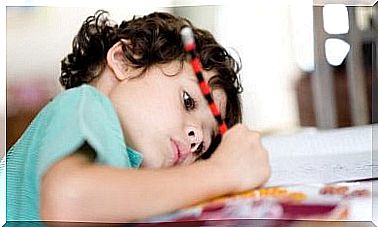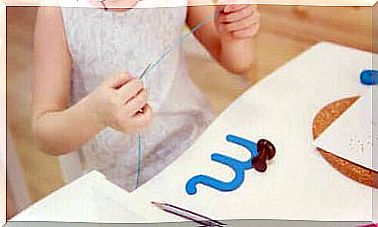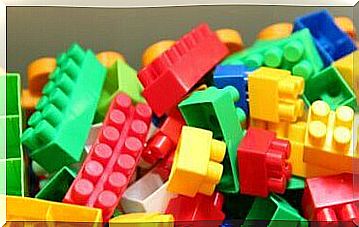What To Do When Your Children Respond Poorly? – Being Parents

Remember that the most important thing is not to respond with the same attitude to provocations that occur during a discussion. You are the adult and you must avoid the temptation to have a meaningless argument on bad terms.
Tips to apply when your children respond poorly
- Keep your cool. When such a situation arises, the least appropriate is to react unfavorably. The way you respond can weaken or strengthen the relationship with your children, so be extra careful. If your reaction is too gentle, your children may repeat this inappropriate behavior, and if it is too strict, they will feel like they cannot speak for themselves.
- Avoid yelling and talking in the moment if you are not calm, take a deep breath, and think carefully about what you are going to say. Stop the conversation until you find a time when both parties are calm and come to a wise agreement.
- Identify the causes that generate this type of situation. Just because your kids are responding poorly doesn’t mean they are necessarily having problems with you. Be concerned about whether there is an external condition, either at school or in their social circle, that is disturbing them. If so, don’t respond with aggression, turn to the root cause of the problem and try to help them solve it.
- Keep the rules clear about unacceptable behavior. When making family rules with your children, it is necessary to explain as accurately as possible how they are expected to behave with you and other family members. Having clear boundaries will help your children think better before they speak disrespectfully.

Remember that you need to control what audiovisual content they have access to. Many aggressive behaviors are the result of repetitive behavior they watch on their favorite program or in a video on the internet. Pay attention to what your children see and listen to, both on television and in the real world, and not just with the family but in their immediate social circle at school.
- Explain to them that every action has consequences. After determining which tones of voice or words are not acceptable between parents and children, make it clear to them that if they exceed these limits, there will be consequences to bear. Take away privileges from them, like play time, fun activities, assign them household chores or other rules that have been agreed upon.

Don’t improvise when you punish inappropriate behavior as the problem can get worse. Remember that if you set the rules early on, living together will be healthier for everyone.
- Act according to the example you expect from your child. If within your relationship, discussions end with insults that come and go, it is normal for your children to respond badly. Treat everyone in your family and in your social circle as permitted and accepted for your children. It is also very important to address your children in a respectful manner so that they understand that they should speak in the same tone that you use for them. Avoid sarcasm and harsh words that can negatively impact your young children or teens.
- Recognize when they act in an educated way. Pay special attention to them when they behave politely and show you respect. Encourage actions that show respect for yourself or any other family member. Whatever the circumstances, don’t pass up these opportunities to motivate friendly interactions.
- Give them enough attention. Often the reason your kids respond poorly is because they feel ignored. Spend at least an hour a day listening to them, getting involved in their activities and what they are going through. Disconnect for a while from the phone and work stories to spend time with your children.









